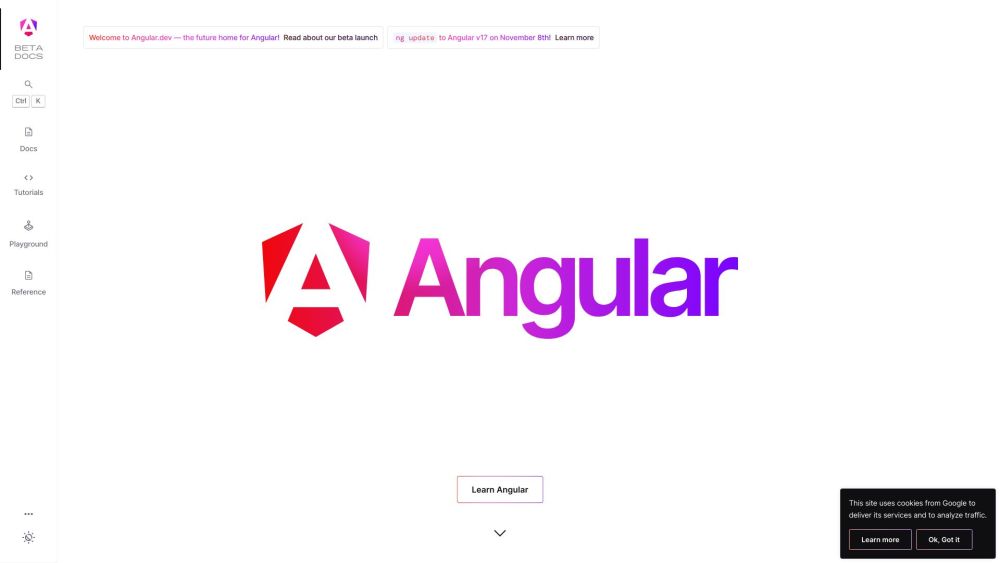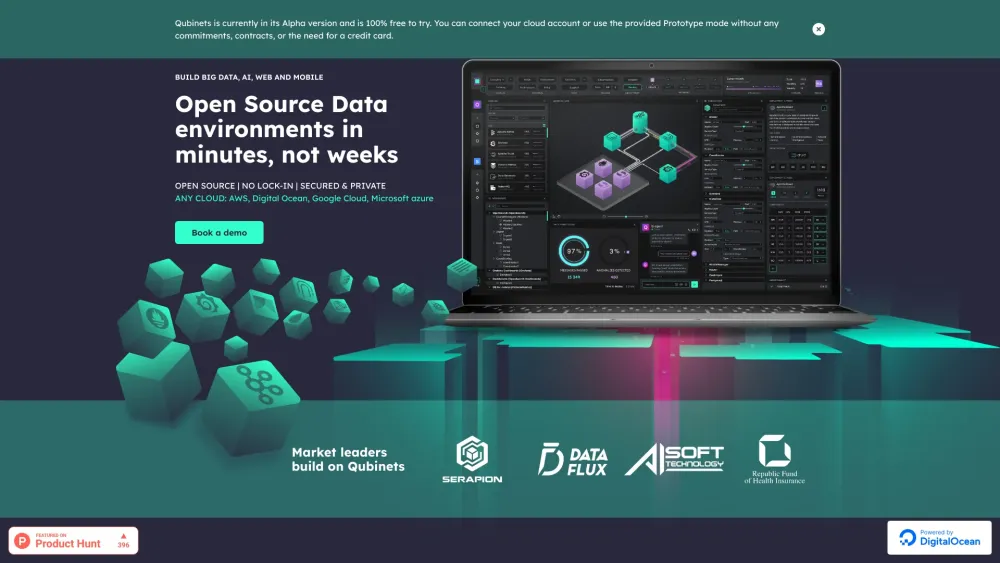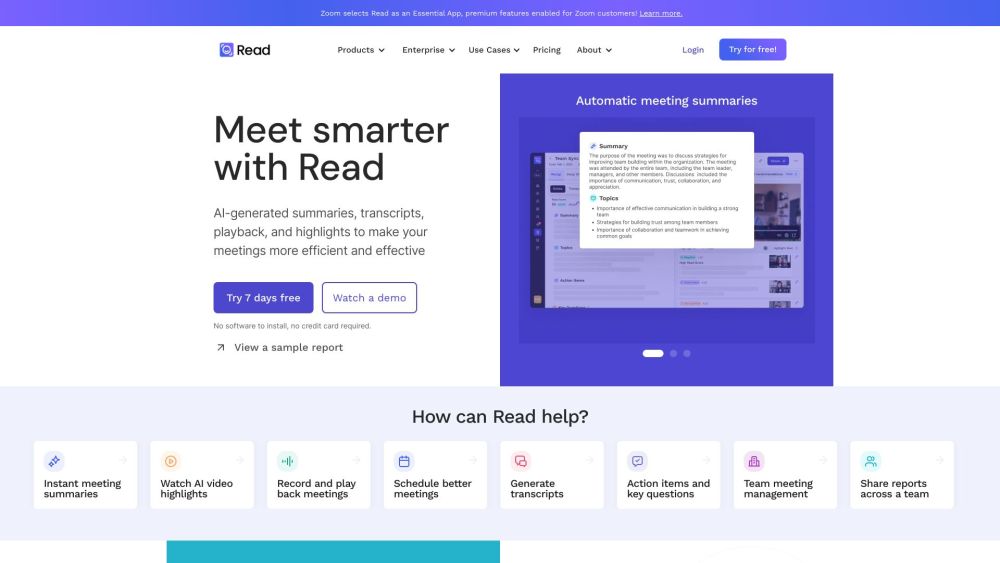Legal work is inherently labor-intensive and time-consuming, often involving the detailed assembly of cases from extensive evidence. This demand has prompted many law firms to explore AI solutions to streamline their processes; a recent 2023 survey by the American Bar Association revealed that 35% of law firms are now utilizing AI tools in their operations.
Among the notable players in the evolving AI legal tech arena is Harvey, supported by OpenAI, alongside emerging startups such as Leya and Klarity. However, there’s still space for innovation, say Jerry Zhou and Kyle Lam, the co-founders of Supio—a new AI platform dedicated to personal injury law—which recently launched with a substantial $25 million investment led by Sapphire Ventures.
Supio leverages generative AI to automate the data collection and aggregation processes for legal teams. By summarizing information, the platform can effectively organize and pinpoint relevant files—and even specific snippets within those files—that can aid in case outlining, drafting, and presentation, according to Zhou, Supio’s CEO.
"After attending numerous conferences and engaging with countless lawyers across the U.S., Lam and I chose to specialize in personal injury and mass tort plaintiff law," Zhou explained. "These fields necessitate the compilation of thousands of documents from various sources, along with the analysis and extraction of information from this data."
Zhou and Lam, childhood friends with interlinked career paths, previously worked together at Microsoft in the Office 365 division and later at Avalara, a tax compliance software company.
The concept for Supio emerged after their tenure at Avalara when Zhou and Lam aimed to establish a business that could "help parse complex data and reveal critical connections within it."
“We identified the legal field as not only document-heavy but also ripe for technological advancements,” Zhou stated. "These areas demand the gathering of extensive documents from diverse sources and analyzing the data contained within."
Personal injury and mass tort cases—civil lawsuits filed on behalf of victims harmed by negligence, such as through defective products—usually involve a large amount of documentation, including medical records, police reports, insurance claims, and financial statements. Supio's functionality, Zhou elaborated, includes generating demand letters that outline the legal issues to be addressed, as well as compiling supporting documents, all while allowing users to navigate the evidence using a chatbot-like interface.
This approach is reminiscent of EvenUp, a startup that applies AI to produce legal documents for assessing injury cases. Companies like Lawyaw and Atrium also utilize AI for drafting initial legal complaints.
However, Zhou asserts that Supio employs a more sophisticated technical methodology.
“Law is intricate and nuanced, yet many productivity tool developers lack a deep understanding of the legal documents lawyers need to produce, which hampers the creation of precise AI models,” Zhou asserted. “Supio runs hundreds of models simultaneously, each with specific functions aimed at comprehending and classifying documents. We continually measure these outcomes against expected work products and improve them over time.”
While the potential of AI like Supio's is substantial, it also presents various challenges. Given the sensitive nature of legal disputes, attorneys may hesitate or be restricted from granting tools like Supio access to case documents.
In late 2022, the State Bar of California advised legal practitioners to avoid entering client information into AI tools lacking adequate security measures. (Zhou indicated that Supio ensures client data protection by storing it in its country of origin and adhering to privacy regulations such as HIPAA and GDPR.)
Another significant concern regarding AI in legal tech is the risk of inaccurate outputs. Last year, attorneys from Levidow, Levidow & Oberman, P.C. used ChatGPT to draft a personal injury complaint against an airline, which led to substantial errors—resulting in invented citations and misidentified judges. The presiding federal judge ultimately fined the lawyers and their firm $5,000.
With the rise of AI legal research tools, courts are bracing for an increase in erroneous filings. In November 2023, the U.S. Court of Appeals for the Fifth Circuit proposed a rule (which has since been retracted) that would require professionals filing legal paperwork drafted with AI to certify that a human vetted and approved the documents. Earlier that same year, a Texas district judge forbade the use of generative AI for court filings without human verification.
The risks posed by AI are underscored by a recent survey of over 300 corporate general counsel and senior legal executives, where 25% expressed that their external legal teams should refrain from using AI. Another Thomson Reuters poll found that one in five law firms have issued advisories regarding AI usage.
In response to these concerns, Zhou claims that Supio's AI achieves "better than human levels of accuracy" and operates "without hallucinations," meaning it does not produce erroneous information.
“Supio offers versatile software powered by AI that can structure unrefined data and deliver reliable results, recognizing the importance of timing and accuracy,” Zhou stated.
However, the specifics of what constitutes “human-level” accuracy remain ambiguous, as Zhou did not furnish any benchmark results. While AI may perform well in tests like passing the bar exam, it does not replicate the nuanced skills attorneys acquire through experience and education—a sentiment echoed by the National Conference of Bar Examiners. Zhou's assertion that Supio operates “without hallucinations” also lacks supporting data.
Despite these challenges, many firms see potential in Supio. Zhou reports that Supio is collaborating with approximately 30 personal injury and mass tort firms, with expectations to expand to 100 by year’s end. The startup's annual recurring revenue has exceeded $1 million, primarily derived from subscription fees based on case volume.
The growing investment in AI reflects a larger trend among legal executives; a LexisNexis survey found that 90% anticipate increasing their generative AI investments over the next five years, with 43% of firms allocating dedicated budgets for this technology. Additionally, Gartner predicts that the appeal of generative AI could elevate the legal tech market's value to $50 billion by 2027, nearly doubling its 2022 valuation of $25.6 million.
Amidst this backdrop, Supio, headquartered in Seattle, continues to advance. With a current workforce of 27, the company aims to double its staff over the next year.
Having raised a total of $33 million, Zhou asserts that Supio plans to broaden its customer base shortly and eventually “scale to address other legal specialties.”
Support from Bonfire Ventures and Foothill Ventures contributed to Supio’s recent funding round (Series A), which Zhou confirmed was oversubscribed, although he did not disclose the company’s valuation.




